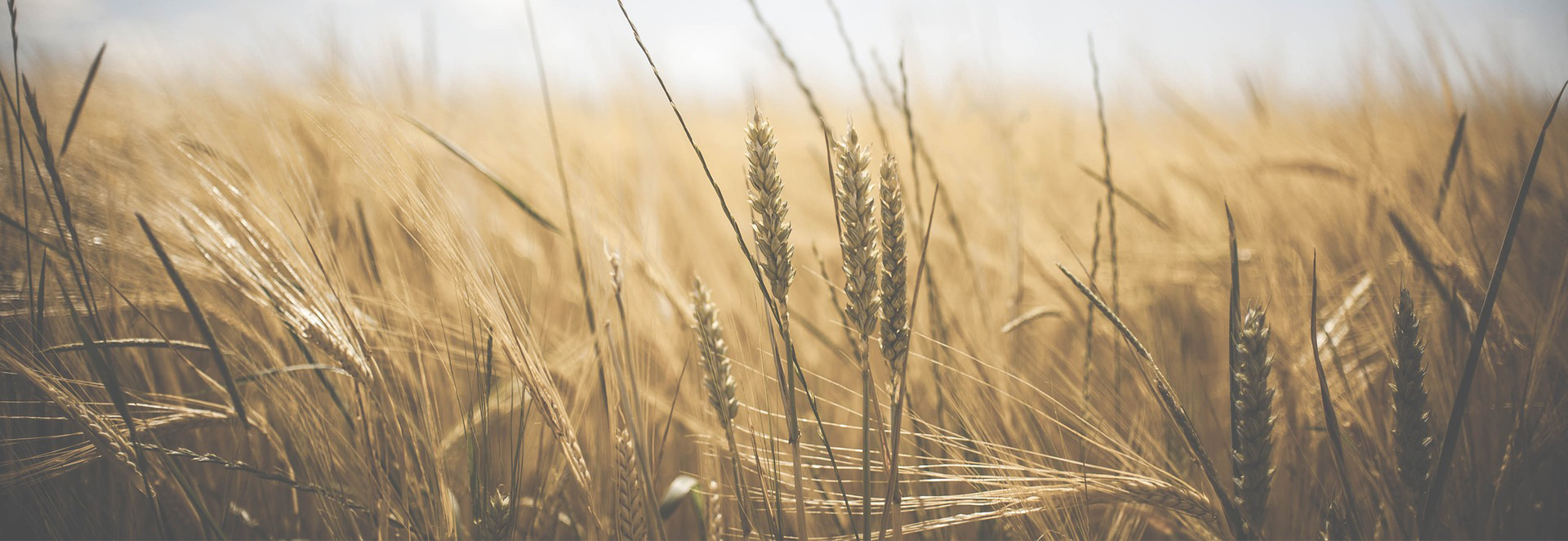
By Dr. Dan Schauff, Ph.D., PAS
Cobalt is an essential trace mineral for ruminant animals such as dairy and beef cattle, sheep and goats. The main function of cobalt in ruminants is to be a component of vitamin B12, also known as cobalamin. Vitamin B12 is an essential cofactor for the function of two enzymes in animals which are: 1. Methionine synthase (Matthews, 1999); and 2. Methylmalonyl–CoA mutase (Banerjee and Chowdhury, 1999).
The latter function(2) of B12 is vitally important to the energy metabolism of both the rumen microbes and the host ruminant animal. The major source of vitamin B12 in ruminants for both the rumen microbes and the host animal’s requirements come from B12 synthesis by certain rumen microbes, themselves provided adequate cobalt is supplied in the diet.
Vitamin B12 is essential for the production of propionate in the rumen by rumen microbes and the conversion of propionate to glucose in the liver of beef and dairy cattle. An optimal supply of propionate and thereby glucose to both beef and dairy animals are crucial to support high levels of gain in beef feedlot cattle and milk production in lactating dairy cattle.
Most forages and feedstuffs fed to dairy and beef animals do not contain adequate quantities of cobalt to support the rumen and animal requirements. Consequently, supplemental cobalt must be added to beef and dairy rations. Common acceptable sources of cobalt include cobalt carbonate; cobalt sulfate; cobalt chloride and cobalt glucoheptonate (Henry, 1995). Cobaltous oxide is not an acceptable source of cobalt, as it has low bioavailability relative to the aforementioned sources (Henry, 1995). Cobalt propionate may be a slightly better source of cobalt compared to cobalt carbonate. Steers supplemented with 0.10 ppm of cobalt as cobalt-propionate had higher plasma glucose and ruminal propionate concentrations than those steers receiving 0.10 ppm cobalt from cobalt carbonate. However, average daily gains were not significantly different between the two cobalt sources (Tiffany, et al, 2003).
The National Research Council (NRC) cobalt requirement for dairy cattle is 0.11 ppm and 0.10 ppm for beef cattle. There is evidence that dietary cobalt concentrations exceeding the NRC requirements may have further beneficial effects on both ruminal bacterial activity and animal performance. In situ dry matter digestion of alfalfa hay, corn cobs, corn leaves and corn stalks were all improved when incubated in the rumen (via porous Dacron bags) of non-lactating cows supplemented with cobalt at 2.5 times the NRC requirements compared with cows not supplemented with cobalt (see Table 1; Lopez-Guisa and Satter, 1992).
In a lactating dairy cow study conducted at Washington State, fat-corrected milk production was improved with mature cows but not first-calf heifers, when cobalt concentrations were increased from 0.37 ppm to 1.26 ppm using cobalt glucoheptonate as the supplemental cobalt source (see table 2; Kincaid et al, 2003).
Table 1. Effect of cobalt addition on 12-hour dry matter digestion of various feedstuffs. Adapted from Lopez-Guisa and Satter, 1992.
|
Feedstuff | 12 Hour DMD (no cobalt) |
12 Hour DMD |
| Alfalfa Hay |
49.3 |
56.8 |
| Corn Cobs |
29.6 |
38.9 |
| Corn Leaves |
31.8 |
37.7 |
| Corn Stalks |
42.7 |
47.0 |
Table 2. Effects of cobalt Supplementation on Fat-Corrected Milk Yield. Adapted from Kincaid et al, 2003.
|
Cobalt Treatment | ||||
| Low | Med | High | SE | |
| Heifers lb/day | 78.9 | 77.0 | 79.8 | 2.8 |
| Cows lb/day | 93.1 | 96.4 | 103.0 | 1.5 |
Over the years researchers have cited a couple of theories as to why increasing cobalt levels beyond NRC recommendations can improve rumen and animal performance. First, it is known that many types of forage/feeds and rumen bacteria can be negatively charged. Cobalt, which is a positively charged divalent cation, may serve as a link or “bridge” to connect the negatively charged forage particles and bacteria, thereby enhancing the digestion of forage/feeds by rumen bacteria. A second theory suggests some rumen bacteria may require more cobalt and vitamin B12 to optimize their growth and enhance feed utilization in the rumen and beef and dairy cattle performance.
Although there is still much to learn regarding optimal cobalt concentrations and sources in dairy and beef rations, most nutritionists will formulate higher than NRC recommendations regarding supplemental cobalt in rations.
In summary, cobalt is an essential trace mineral for both rumen bacteria and also beef and dairy animals. Essentially, cobalt is necessary for overall dairy herd health and beef herd health.This is because cobalt is an essential component of vitamin B12 which is synthesized by rumen bacteria. Vitamin B12 is also an essential cofactor for optimizing energy metabolism in both rumen bacteria and ruminant animals. Agri-King’s vitamin trace mineral products such as Dairy Premium, Dairy Max, LDH Fortifier and Beef Multi-factors all have been formulated with optimal levels of supplemental cobalt to optimize digestion efficiency in the rumen, energy metabolism in the liver and then also ultimately gain and production efficiency in beef and dairy cattle. AK
Banerjee, R. and S. Chowdhury, 1999. Methylmalonyl-CoA Mutase. Pages 707-729 in Chemistry and Biochemistry of B12. R Banerjee, ed. John Wiley and Sons Inc., New York.
Henry, P.R., 1995. Cobalt bioavailability. Pages 119-126. Bioavailability of Nutrients for Animals. Clarence B. Ammerman, David H. Baker, and Dustin J. Lewis ed. Academic Press.
Kincaid, R.L., L.E. Lefebvre, J.D. Cronrath, M.T. Socha and A.B. Johnson, 2003. Effect of Dietary Cobalt Supplementation on Cobalt Metabolism and Performance of Dairy Cattle. J. Dairy Sci. 86: 1405-1414.
Lopez-Guisa, J.M. and L.D. Satter. 1992. Effect of Copper and Cobalt Addition on Digestion and Growth in Heifers Fed Diets Containing Alfalfa Silage or Corn Crop Residues. J. Dairy Sci. 75: 247-256.
Matthews, R.G. 1999. Cobalamin Dependent Methionine synthase. Pages 681-706 in Chemistry and Biochemistry of B12. R. Banerjee ed. John Wiley and Sons, Inc., New York.
Nutrient Requirements of Beef Cattle. 1996. Seventh Revised Edition.
Nutrient Requirements of Dairy Cattle. 2001. Seventh Revised Edition.